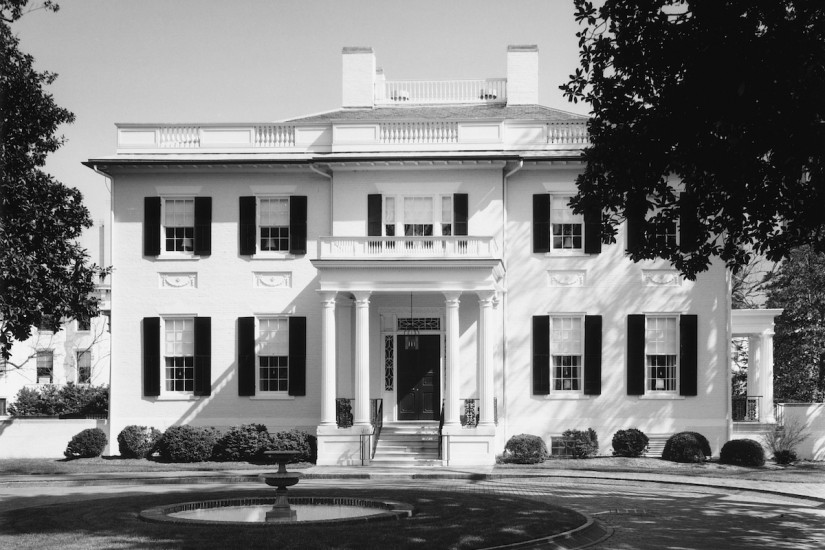Hannah Valentine was 300 miles away from her family in 1838 when she wrote to say how much she missed them.
“My dear husband I begin to feel so anxious to hear from you and my children,” she wrote.
This wasn’t just any separation; this was the forced absence of slavery. Hannah Valentine had been left behind in Abingdon while her husband, Michael, and others went to Richmond with the Campbells, the white family who owned them.
David Campbell had been elected governor of Virginia. For three years, Michael Valentine and several of his children lived and worked for Campbell at the Executive Mansion, which stands today as the oldest continuously used governor’s residence in the country.
While all of the men who have spent a term as governor in that house are meticulously remembered in the history-obsessed state, the black families who served them — who actually helped build the house in 1813 — are largely forgotten. Every new governor brought his own staff, and they were anonymous property. Even the furniture is better recorded.
So when current Gov. Terry McAuliffe and his wife, Dorothy, decided to honor the contributions of enslaved workers, they faced a problem: Nobody knew who they were. Eventually, historians working with a group of citizen advisers and students from Virginia Commonwealth University’s L. Douglas Wilder School of Government and Public Affairs managed to unearth a couple of names — among them, Hannah Valentine.
Not only is Valentine an extraordinary character, but her story might have been forgotten if not for the work of historian Norma Taylor Mitchell, who defied her own odds to tell it.
As a graduate student at Duke University in the 1960s, Mitchell was casting around for a dissertation topic when her adviser suggested she look at Campbell’s papers, which had been recently acquired by the university. She quickly discovered something unusual about those papers: They included the letters of a number of women, including the enslaved.
Her adviser was not impressed.
“He said a few antiquarians in Virginia might find that interesting, but that’s not real history,” said Mitchell, 81, now retired from a long career at Troy University. She did her dissertation on Campbell, but came back to those papers years later to write about the women.
And the strongest voice she found was Hannah Valentine’s.
